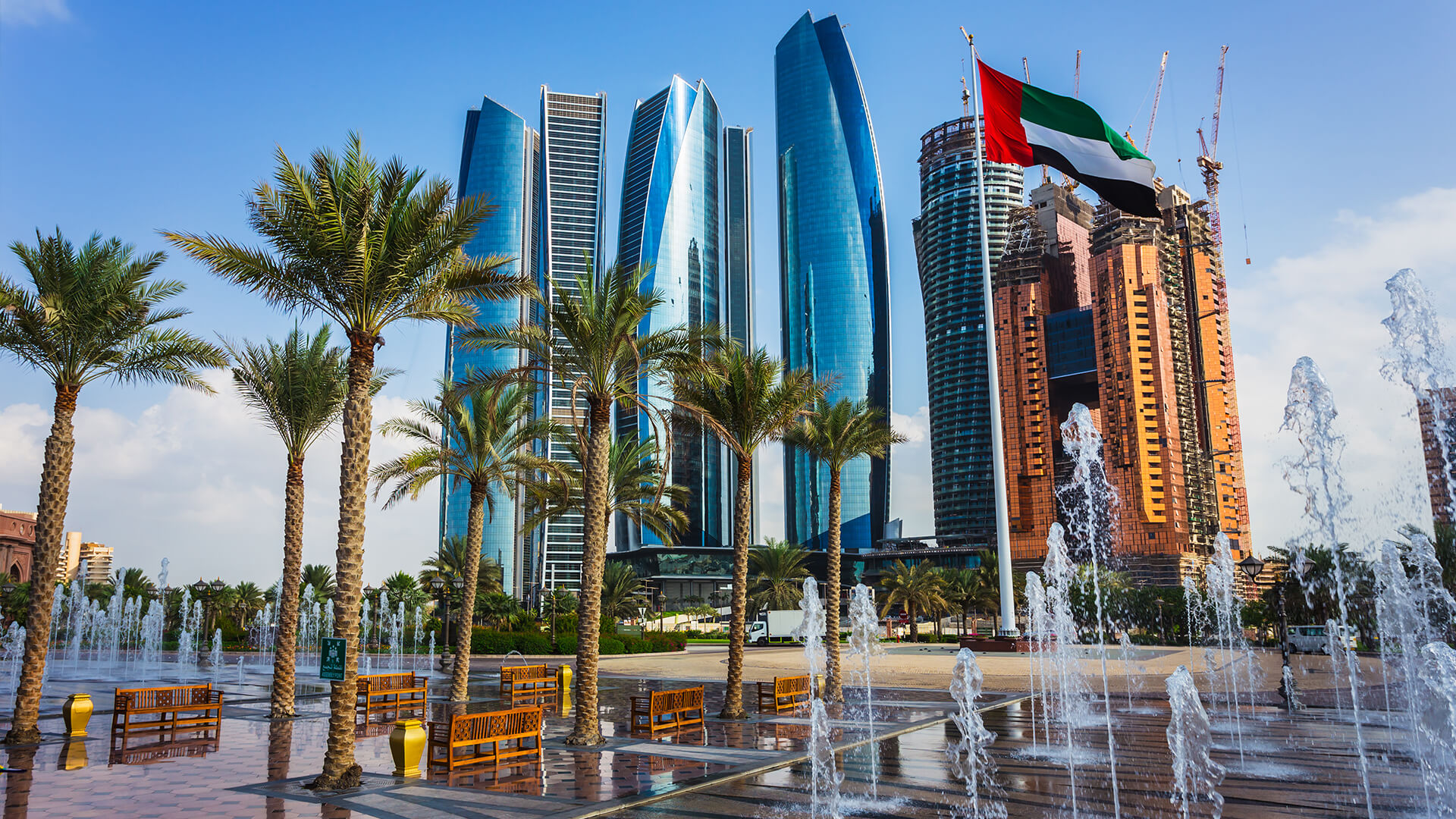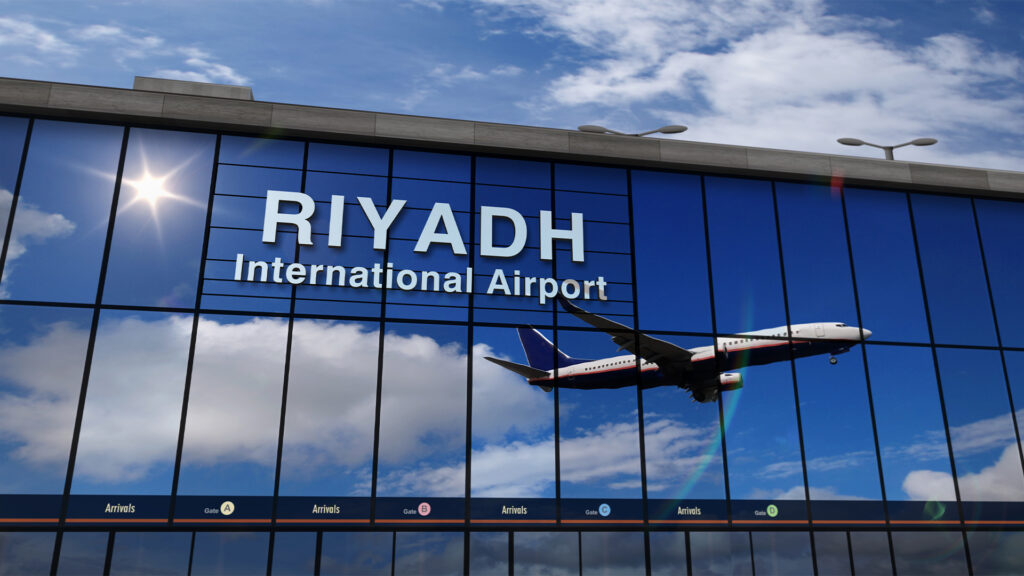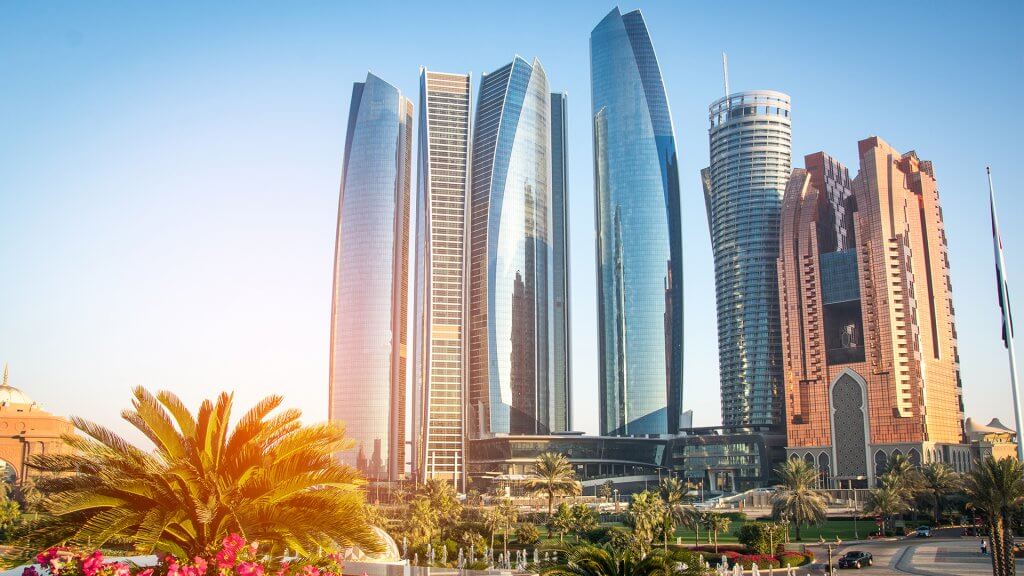Rapid economic diversification underpinned by a string of bold reforms and a series of government stimulus measures are set to drive UAE growth at a steady pace as its gross domestic product (GDP) remains on track to surpass the $500 billion mark over the next few years.
The latest projections by the International Monetary Fund (IMF) show that the UAE’s non-oil sector, pivotal to this all-round growth, will surge from 1.3 per cent in 2018 to 1.6 per cent in 2019 and 3 per cent in 2020.
With a GDP of $414 billion in 2018, the UAE has been successfully diversifying away from oil, which accounted for more than 85 per cent of the economy in 2009.
As a result, oil GDP growth is forecast to slow down from 2.8 per cent in 2018 to 1.5 per cent this year and 1.4 per cent next year when non-oil sectors such as tourism, aviation, retail, hospitality, real estate and construction will spur the expansion as the World Expo gives an added momentum to the pace of growth.
According to economists, the expansion in non-oil activity is slowly beginning to translate into stronger job creation, although at a modest rate. A massive construction boom, an expanding manufacturing base and a thriving services sector are helping the UAE diversify its economy while tourism continues to be a key non-oil source of revenue with some of the world’s most luxurious hotels being based in the UAE. Nationwide, there is currently $350 billion worth of active construction projects underway.
Another growth driver of the UAE economy is the aviation market that is poised to grow 170 per cent by 2037 while supporting 1.4 million jobs and contribute $128 billion to the nation’s economy, according to the International Air Transport Association, or Iata, said on Tuesday.
In its latest study on the importance of air transport to the UAE, the International Air Transport Association said the domestic aviation industry at present supports nearly 800,000 jobs and contributes $47.4 billion to the economy, accounting for 13.3 per cent of the UAE’s GDP.
However, given the ongoing prioritisation of aviation by the UAE government as a key strategic asset, the sector could generate an additional 620,000 jobs and an extra $80 billion in GDP for the nation’s economy by 2037, the trade body of 290 airlines across the world said.
The outlook for the industrial sector in the UAE is very bright indeed, especially considering the success of some of its national industrial companies in establishing themselves as major contributors to global value chains in a variety of advanced industrial sectors, such as aviation and defence, aluminium and other leading industries.
Over the next 10 years, UAE’s specialised industrial zones are on track to play an important role in attracting local and international capital to invest in the industrial sector. The UAE also seeks to attract international companies to launch pioneering projects in this country and to develop strong partnerships with industrial companies at both the local and international level.
Adding to this, the UAE is giving strong emphasis to the SME sector, expecting them to enter the advanced industrial sector and contribute to global value chains. The government also expects homegrown companies to eventually play a major role in driving innovation and employing new technologies within the national industrial sector.
The federal government has stressed that education will remain a priority and the nation’s path to the future. The new year’s federal budget has allocated a large proportion to funding federal schools and development projects. The Cabinet has approved a national fund to support and train Emirati jobseekers and made legal amendments to ensure Emiratis in the private sector receive a pension as they would in the public sector.
Therefore, it is likely that this string of recent reforms and new liberal rules will see that the UAE sustain its growth momentum to become a $500 billion economy in the not too distant future.






















